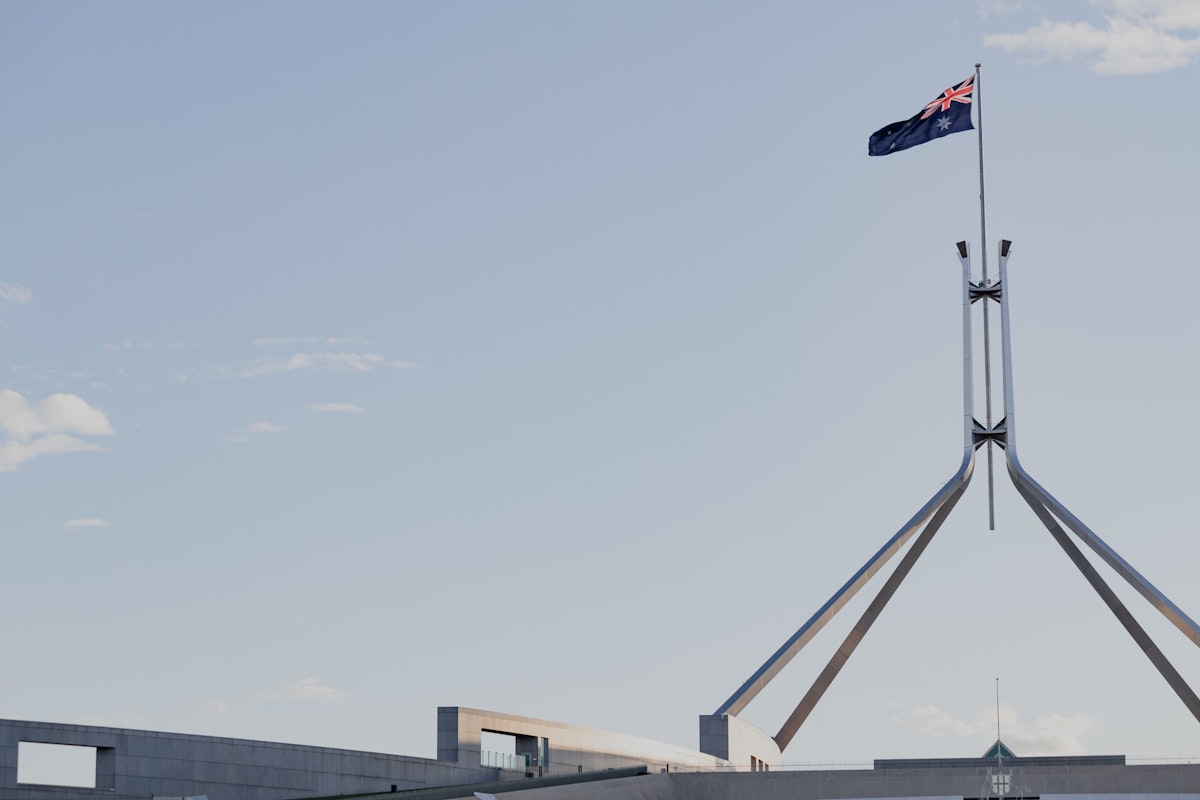October 2022 Federal Budget highlights
The Federal Treasurer, Dr Jim Chalmers, handed down the Labor government’s first Federal Budget on 25 October 2022. Here are the highlights of the tax and accounting measures announced.
Business Owners
- Electric vehicles under the luxury car tax threshold will be exempt from fringe benefits tax and import tariffs.
- A number of Victorian and ACT based business grants relating to the COVID-19 pandemic will be non-assessable non-exempt income for tax purposes.
- Grants will be provided to small and medium-sized businesses to fund energy efficient equipment upgrades.
- The tax treatment for off-market share buy-backs undertaken by listed public companies will be aligned with the treatment of on-market share buy-backs.
- The 2021-22 Budget measure to allow taxpayers to self-assess the effective life of intangible depreciating assets will not proceed.
- Heavy Vehicle Road User Charge rate increased from 26.4 to 27.2 cents per litre of diesel fuel, effective from 29 September 2022.
- Australia has signed a new tax treaty with Iceland.
- Additional tariffs on goods imported from Russia and Belarus have been extended by a further 12 months, to 24 October 2023.
- Ukraine goods are exempted from import duties for a period of 12 months from 4 July 2022.
- Technical amendments to the taxation of financial arrangements (TOFA) rules proposed in the 2021-22 Budget will be deferred.
- Amendments to simplify the taxation of financial arrangements (TOFA) rules proposed in the 2016-17 Budget will not proceed.
- The proposed measure from the 2018-19 Budget to impose a limit of $10,000 for cash payments will not proceed.
- Proposed changes in the 2016-17 Budget to amend the taxation of asset-backed financing arrangements will not proceed.
- The new tax and regulatory regime for limited partnership collective investment vehicles proposed in the 2016-17 Budget will not proceed.
- The Pacific Australia Labour Mobility (PALM) scheme will be expanded and enhanced.
Individuals
- The amount pensioners can earn in 2022-23 will increase by $4,000 before their pension is reduced, supporting pensioners who want to work or work more hours to do so without losing their pension.
- To incentivise pensioners to downsize their homes, the assets test exemption for principal home sale proceeds will be extended and the income test changed.
- The income threshold for the Commonwealth Seniors Health Card will be increased from $61,284 to $90,000 for singles and from $98,054 to $144,000 (combined) for couples.
- The Paid Parental Leave Scheme will be amended so that either parent is able to claim the payment from 1 July 2023. The scheme will also be expanded by 2 additional weeks a year from 1 July 2024 until it reaches 26 weeks from 1 July 2026.
- The maximum Child Care Subsidy (CCS) rate and the CCS rate for all families earning less than $530,000 in household income will be increased.
- The current higher Child Care Subsidy (CCS) rates for families with multiple children aged 5 or under in child care will be maintained.
- Legislation will be introduced to clarify that digital currency (or crypto currencies) will not be treated as foreign currency for income tax purposes.
Superannuation
- Eligibility to make a downsizer contribution to superannuation will be expanded by reducing the minimum age from 60 to 55 years.
- The 2021-22 Budget measure that proposed relaxing residency requirements for SMSFs and small APRA-regulated funds (SAFs) from 1 July 2022, has been deferred.
- The 2018-19 Budget measure that proposed changing the annual audit requirement for certain self-managed superannuation funds (SMSFs) will not proceed.
- A requirement for retirement income product providers to report standardised metrics in product disclosure statements, originally announced in the 2018-19 Budget, will not proceed.
Multinationals
- Thin capitalisation rules for non-ADIs will be amended from 1 July 2023, with tests relating to ratios replaced by earnings-based tests.
- Significant global entities will be denied a tax deduction for payments to related parties in relation to intangibles held in low- or no-tax jurisdictions.
- Significant global entities and public companies will have additional reporting requirements for income years commencing from 1 July 2023.
- Proposed amendments to the debt/equity tax rules mentioned in the 2013-14 MYEFO will not proceed.
Tax administration
- Penalty unit increase to $275 from 1 January 2023.
- Personal Income Taxation Compliance Program extended a further 2 years to 30 June 2025.
- Shadow economy compliance program extended to 30 June 2026.
- The ATO tax avoidance taskforce will receive additional funding and is being extended to 30 June 2026.
- Financial penalties for breaches of foreign investment compliance to double from 1 January 2023.
- Access to refunds of indirect tax, including GST, fuel and alcohol taxes, under the Indirect Tax Concession Scheme has been expanded to the diplomatic and consular representations of Bhutan.
- The proposed extension of reportable transactions relating to the sharing economy deferred by 12 months to 1 July 2024.
Tax agents
- Funding to be given to the Tax Practitioners Board to increase compliance investigations.
- Additional funding will be provided to support the delivery of government priorities in the Treasury portfolio.
Not-for-profit
- Deductible gift recipients list to be updated.
- The 2021-22 MYEFO measure to establish a deductible gift recipient category for providers of pastoral care will not proceed.
Click here to download Client Guide
by | Oct 27, 2022

